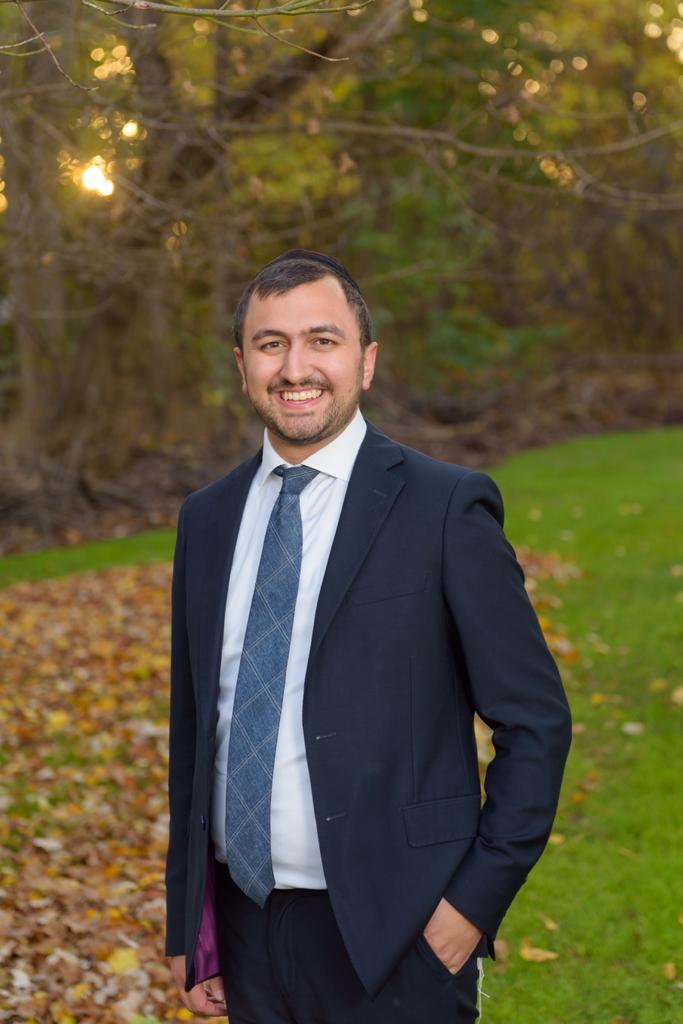Last week’s Parsha – Parsha, Vaeira, brings us to the story of the liberation of the Hebrew slaves from Egypt, a story very familiar to those of us accustomed to hearing it around the Passover table year after year.
We pick up the story after Moses has followed his lost sheep to a burning bush where he encounters God. Moses returns to Egypt, his homeland, charged with an assignment from the Highest Authority to convince Pharaoh to free his Hebrew slaves. “Let my people go.” Moses enters the palace and after witnessing Pharaoh’s intransigence, God decides to demonstrate His power to Pharaoh and before all of the witnesses in the room. At God’s command, Aaron takes his staff and throws it before Pharaoh’s feet. As the staff drops, it transforms into a living, breathing, hissing snake. Pharaoh is neither impressed nor stunned. As Moses knows well from his own upbringing, the Egyptian court is a near constant host of magic tricks and illusions. This is not the first magic trick Pharaoh has seen. Pharaoh laughs and dismisses the snake. He calls in his sorcerer-priests, and requests that they replicate the trick. Without much fanfare, they do just that. The priests take their staff, throw them on the floor, and they too turn into snakes. No big deal, sneers Pharaoh. However, this is not the end of the spectacle. After all the snakes return to their initial staff form, the staff of Aaron proceeds to swallow the staff of Pharaoh’s sorcerers. Yet still Pharaoh is nonplussed.
G-D has no choice, but to escalate the threat. Moses sends word that there shall be a shortage of healthy drinking water throughout all of the land of Egypt. Rather than water, the rivers of the Nile shall flow with blood, every source of water in the nation will be bereft of clean water and replaced with blood, and the average Egyptian will only be able to access clean water if they purchase it from the Hebrews they despise so much. As Moses predicted, so it came to pass. The mighty Nile river flowed with blood as far as the eye could see, and every source of clean water in Egypt was transformed to blood.
One might imagine that a leader in Pharaoh’s position would accept defeat at this point. Faced with an enemy who, with the snap of a finger, could transfigure your entire nation’s source of water into blood, a rational leader might relent and simply release the captive slaves. But Pharaoh merely scoffs at Moses. Indeed, as we all know, it would take nine more plagues for Pharaoh to finally acquiesce to Moses and even then, Pharaoh changes his mind very soon after the Hebrews leave Egypt.
So, what accounts for Pharaoh’s arrogance? How can he turn away from, as Stephen Schwartz famously put it, “all the innocents who suffer from [his] stubbornness and pride?” Notwithstanding the challenges of playing amateur psychologist for a character from millennia ago, there are a few possible answers. First, we learn that the Pharaoh of this story has grown up with tremendous expectations and demands from his father, the Pharaoh before him. But perhaps even more so, we see the confirmation bias of centuries weigh on his shoulders. For as long as anyone’s living memory, the Pharaohs of Egypt have positioned themselves within a highly elaborate framework and hierarchy of many Gods who have always kept them safe and provided for them. This new foreign God of the Hebrews is new and uncertain, and perhaps this threat shall pass when the Gods that he has always grown to rely upon come to his rescue. But his Gods never come. The God of the Hebrew prevails.
And last, but certainly not least, the status quo is to Pharaoh’s benefit. The entire Egyptian socio-political structure is designed to cater to his every need and desire. The system serves him. The arrangement works for him. We cannot look into Pharaoh’s mind and deduce whether he was more seduced by the hedonistic tyranny or more fulfilled by the sense of spiritual cohesion, but we know that either way, Pharaoh found himself at the top of the pyramid (pun notwithstanding).
Let us turn to the wisdom of one of the last century’s leading Torah scholars and victim of the Nazi death machine, Rabbi Elchonon Wasserman Hashem Yikom Damo (“May God avenge his blood”). Rabbi Wasserman asked a similar question regarding atheists. How can people see irrefutable proof around them of God’s perfection (ie the complex structures of ecological systems, the remarkable construction of the human body, etc) and still hold fast to their atheist beliefs? How can that be? The answer is similar. We have become accustomed to a particular perspective on life. We grow to believe that some kind amorphous and ephemeral set of values is deeper and more meaningful than the moral compass that has been passed down to us by generations of sages interpreting our holiest books. We think that inner peace may come from foreign ritual practices of far-flung lands, and not from the rhythms and prayers of our very own faith tradition.
Perhaps if we all took the time to challenge and examine the truths we have grown to venerate, and investigate our relationships with the Almighty, and the Jewish traditions that are our birthright, we will find a deeper connection to our ancestors and to a greater gratitude for the world in which we live.
Shabbat shalom from your Sloan’s Lake Rabbi!







